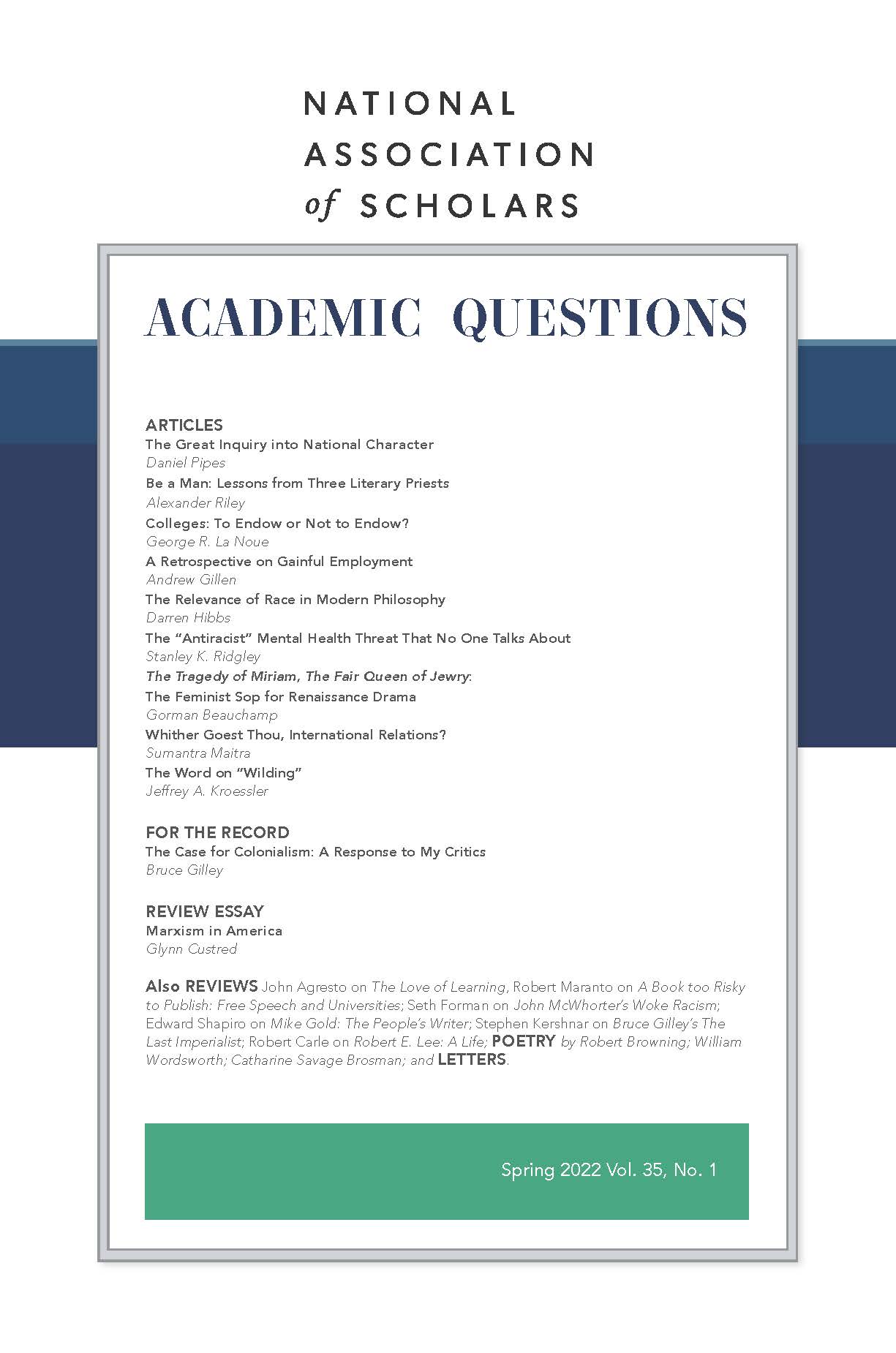Home-Thoughts, from Abroad
Robert Browning (1812–1889)
Oh, to be in England
Now that April's there,
And whoever wakes in England
Sees, some morning, unaware,
That the lowest boughs and the brushwood sheaf
Round the elm-tree bole are in tiny leaf,
While the chaffinch sings on the orchard bough
In England—now!
And after April, when May follows,
And the whitethroat builds, and all the swallows!
Hark, where my blossomed pear-tree in the hedge
Leans to the field and scatters on the clover
Blossoms and dewdrops—at the bent spray's edge—
That's the wise thrush; he sings each song twice over,
Lest you should think he never could recapture
The first fine careless rapture!
And though the fields look rough with hoary dew,
All will be gay when noontide wakes anew
The buttercups, the little children's dower
—Far brighter than this gaudy melon-flower!
Composed upon Westminster Bridge, September 3, 1802
William Wordsworth (1770–1850)
Earth has not any thing to show more fair:
Dull would he be of soul who could pass by
A sight so touching in its majesty:
This City now doth, like a garment, wear
The beauty of the morning; silent, bare,
Ships, towers, domes, theatres, and temples lie
Open unto the fields, and to the sky;
All bright and glittering in the smokeless air.
Never did sun more beautifully steep
In his first splendour, valley, rock, or hill;
Ne'er saw I, never felt, a calm so deep!
The river glideth at his own sweet will:
Dear God! the very houses seem asleep;
And all that mighty heart is lying still!
Bearings
—New Orleans
Catharine Savage Brosman
No point in saying north, south, east, or west—
you won’t be understood. This crescent space
is shaped, sharp-angled, by the river—pressed
off the meridian in its embrace.
We say “downtown” or “uptown,” “river,” “lake”;
concentric avenues contribute sense;
enormous wedges marked out early make
a neat design, providing reference.
An age ago, I lost my bearings—green,
and restless, like my father. Finding true
directions was a long adventure; seen
in retrospect, it’s odd at first, askew.
But radii connect, and streets in rows
may narrow, veer, and lead to one I missed;
false parallels converging interpose
a centered nexus. How could I resist?
Festschrift
Catharine Savage Brosman
No need to have a thick Geburtstag tome,
or rhyming “Garland” by my writer friends.
My celebration’s in New Orleans—home
so long, on which much happiness depends.
I’m seated at a garden party, with my peers,
once students, all accomplished, some retired,
their presence a salute to early years
of molding words and character, shaped, fired.
The spirit was both medium and goal.
Round tables, verbal jousting, tournaments,
with pomp and poetry, the heart of letters,
and scattered wounds, none fatal. You have soul;
you are the champions, the evidence.
I dare one to identify your betters.
Catharine Savage Brosman is professor emerita of French at Tulane University; [email protected]. Her forthcoming book, Arm in Arm: Poems is set to appear on April 1, 2022, from Mercer University Press.
Photo by Martin Lostak on Unsplash












